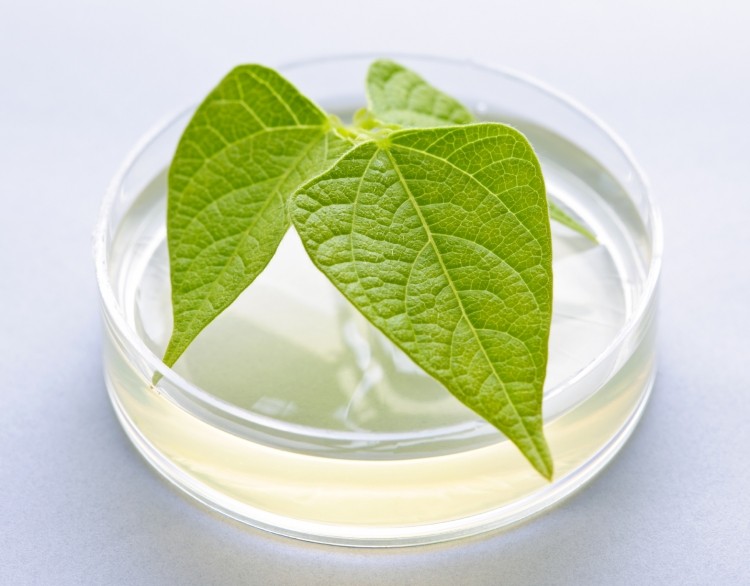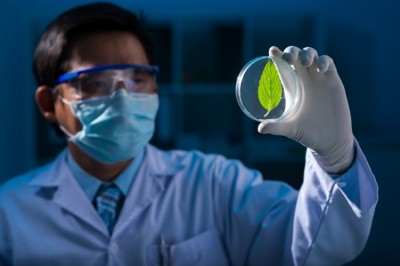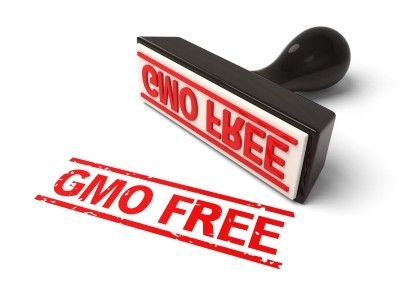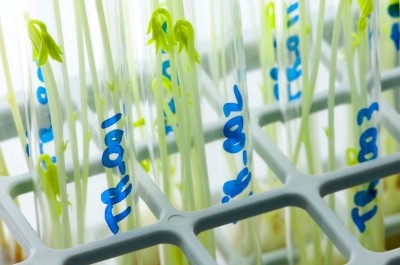Could national decisions on biotech allow more GM crop cultivation?

Current rules allow crops to be grown anywhere in Europe following EU approval, although only one GM crop, Monsanto maize variety MON810, is grown commercially in the EU. The proposal, which was agreed by Council and Parliament delegations last month, is due to become law in the spring after the parliament backed it today (Tuesday).
Governments with an anti-GM stance, including Germany, France and Austria, will be able to ban cultivation on their own soil without being challenged in court, while pro-GM countries, such as England and Spain, hope the rules will speed authorisation of new crops – and that is cause for concern, according to the Soil Association.
The organisation said that Wales and Scotland had “welcomed the opportunity to confirm their non-GM position”, but England may use the new rules to encourage GM cultivation.
“The EU proposal fails to require countries to ensure that any GM crops grown will not contaminate GM free farms, nor to ensure that the cost of any contamination will fall on the shoulders of the GM companies who own the patented products, not on farmers or food businesses that suffer from pollution,” said Soil Association policy director Peter Melchett.
However, the biotechnology sector is not happy with the deal either.
The European Association for BioIndustries, EuropaBio, called it “a stop sign for innovation in Europe”, in a statement released today.
Chairman of the Agri-Food Council of EuropaBio, Jeff Rowe, said: “Member States will receive a license to ban safe products which have been approved at European level, and they will be allowed to base these bans on non-scientific grounds. This sets a dangerous precedent for the internal market and sends a negative signal to innovative industries considering investing in Europe. European researchers and farmers have lost access to this key-enabling technology and the chance to grow more sustainable crops and remain competitive globally.”
The agreement negotiated with EU ministers was approved by 480 votes to 159, with 58 abstentions.
Update: This article has been updated to reflect the outcome of Tuesday's vote.

!["[Europe is] walking an ethical tightrope by importing ever more GM soy and maize while being unwilling to approve the same traits for cultivation in their own soil,” says Huw Jones.](/var/wrbm_gb_food_pharma/storage/images/_aliases/wrbm_medium/3/7/6/6/3396673-1-eng-GB/European-countries-opt-out-of-GM-crop-cultivation.jpg)























